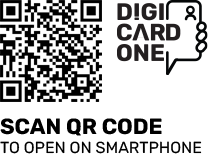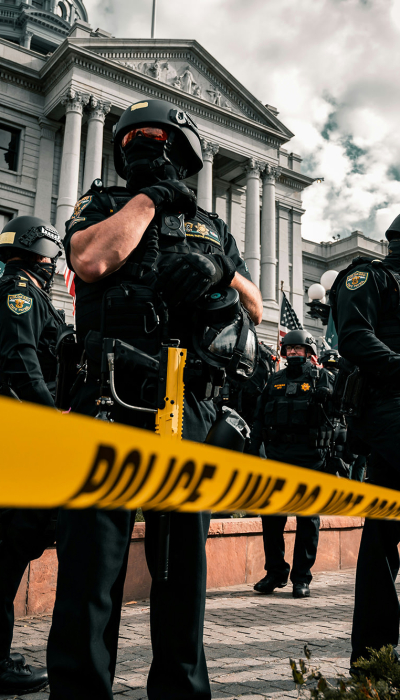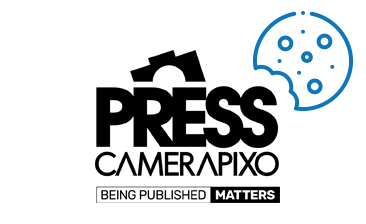Ethical Code and Declaration of Responsibility – Camerapixo Press (IVJA) Independence Visual Journalism Association
Ethics form the cornerstone of our work. Every image, every photograph, and every report shapes how audiences perceive reality. As the Independent Visual Journalism Association – Camerapixo Press, we believe that responsibility toward truth and people is not an option but an obligation.
Our mission goes beyond merely documenting events. By carrying a Camerapixo Press (IVJA) Press ID Card, each of us accepts the commitment to act with honesty, respect for facts, and respect for human dignity. We recognize that photography and reporting are tools that can strengthen democracy and protect freedom of expression, but when used carelessly, they can also cause harm and mislead.
This is why we establish this Ethical Code as a shared reference point. It is a guide that directs us in daily work, in moments of clarity as well as in situations where ethical dilemmas arise. We believe that clear principles reinforce our credibility and build public trust, without which true journalism cannot exist.
The IVJA Ethical Code is not a static document – it is a living declaration that every member of our community makes toward the audience and toward truth itself. It reminds us that being a photojournalist and a member of Camerapixo Press is not only a profession but also a social responsibility that demands courage, integrity, and solidarity.
Ethical Principles in Brief
The Camerapixo Press IVJA Ethical Code is built on eight pillars that define our shared standards. Each of these principles is not just a rule of conduct but a conscious choice that distinguishes responsible visual journalism from superficial event recording.
Adopting these principles means committing to truth, respecting human dignity, and ensuring that photography and reporting are never used as tools of manipulation. These principles remind us that visual journalists do not work in isolation – their work affects people’s lives, shapes public opinion, and records history.
The eight principles below serve as a compass for every holder of the Press ID Card. They represent our collective values and the minimum ethical standard that guarantees our credibility.
8 Ethical Principles
1. Truth above all
Truth is the foundation of visual journalism. Our images and stories must reflect reality without staging, omission, or distortion. This commitment requires honesty even when the facts are difficult, uncomfortable, or unpopular, because credibility is built on presenting the world as it is, not as we wish it to be.
2. Independence from pressure
Journalists must remain free from political, business, and personal influence. Independence means reporting with integrity, making editorial choices based on facts and public interest, not on external demands. Upholding independence often requires courage, especially when refusing work that conflicts with ethical standards.
3. Respect for human dignity
Every individual deserves to be treated with dignity when photographed. We must avoid exploiting people’s suffering for sensationalism and ensure that our work does not violate privacy or dehumanize its subjects. Respect also means practicing empathy when covering tragedies or sensitive events.
4. Authenticity of images
Editing may be used for technical adjustments—such as exposure, sharpness, or contrast—but never to alter meaning. Adding, removing, or manipulating elements to mislead the audience is forbidden. Authenticity is what separates photojournalism from art or advertising: our role is to document reality, not to invent it.
5. Transparency and accountability
Every photograph or report must clearly state its author, place, and time. Journalists are accountable for their work, which means correcting mistakes openly and accepting responsibility for the impact of what is published. Transparency builds trust, and trust is the foundation of journalism.
6. Protection of sources and collaborators
Behind every story are fixers, translators, and informants who often face greater risks than the reporter. Their safety is our responsibility. Protecting their identity when necessary is an ethical duty, because without trust and security, journalism cannot exist.
7. Journalistic solidarity
Visual journalism is a global community that depends on mutual support. Solidarity means defending press freedom, speaking out against censorship, and standing with colleagues who face danger or repression. By supporting each other, we protect the integrity of the profession.
8. Responsibility toward the audience
Our work shapes how people understand the world. We owe our audiences honesty, completeness, and accuracy, ensuring they can trust what they see. Responsibility to the audience is as important as responsibility to those we photograph, because journalism without trust loses its meaning.









